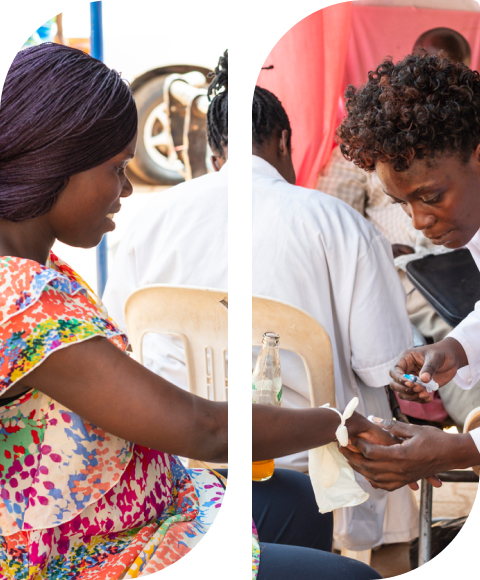Transportation support programs are a vital innovation to improve maternal health access in Africa. By addressing transportation barriers, these programs can significantly enhance antenatal care attendance, leading to better health outcomes for mothers and babies. Effective planning, stakeholder engagement, and sustainable funding are crucial for the success and longevity of these initiatives.
